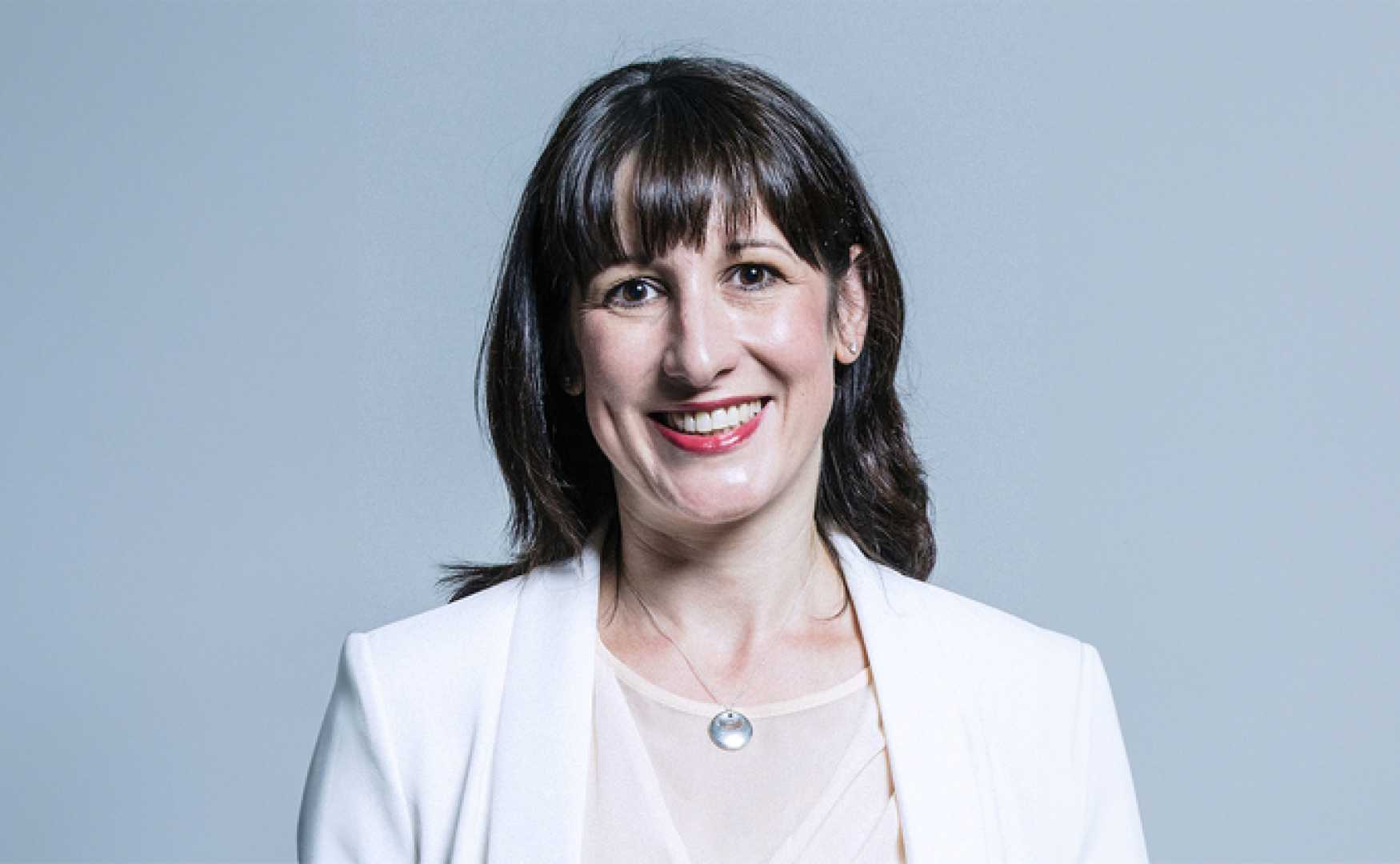News
Chancellor’s Potential Tax Changes Spark Concerns Among Savers

Chancellor Rachel Reeves has issued a stern warning to Britain’s savers, indicating there will be no generous reliefs in the upcoming Budget slated for the end of the month. Her statements have sparked apprehension, with some savers reportedly “petrified” at the prospect of a significant tax overhaul. Speculations abound that the government’s remedy to the purported £22 billion deficit, inherited from the previous Conservative administration, might involve increased taxation on pensions and capital gains.
A major concern among financial experts is the rumored reduction in the pension tax-free lump sum. According to reports, government officials have discussed potential adjustments with major pension providers, suggesting a potential shrinkage of this tax-free benefit to roughly a third of its current allowance. These discussions, hinted at by The Telegraph, align with the Labour party’s manifesto pledge to abstain from raising taxes on “working people.”
In addition, a hike in capital gains tax (CGT) rates is gaining traction as a viable measure. As it stands, only 1% of UK taxpayers pay taxes on asset disposals, a fact that suggests minimal impact on the broader population should these rates increase. Currently, basic-rate taxpayers face a 10% CGT on gains excluding property, which rises to 20% for higher-rate taxpayers. Adjustments equating CGT to income tax rates could substantially increase the tax burden, particularly if the tax-free threshold remains unchanged.
Jason Hollands from wealth manager Evelyn Partners noted, “If CGT was equalised with income tax, people would simply sit on their assets and wait,” citing potential setbacks to government growth strategies. Sarah Coles, head of personal finance at Hargreaves Lansdown, suggested that changing CGT treatment posthumously could mean heirs face significant additional tax burdens.
Amid these concerns, there’s speculation of possible manipulations in income tax through ‘stealth’ tactics. Since 2022, tax thresholds have been frozen, pulling more people into higher tax brackets due to inflation-driven wage increases. The Treasury’s early plans indicate no revisions to these bands until 2027, further stressing taxpayers.
Additionally, inheritance tax (IHT) could be targeted, with potential reductions in the nil-rate band, currently allowing up to £500,000 to be passed tax-free when including the residential allowance. Financial strategist Gianpaolo Mantini highlighted that abolishing or reducing this band might ensnare more estates in the IHT net.
Lastly, there is discourse around pension tax relief modifications, with past proposals for a 30% flat rate resurface. While this would alleviate the Treasury’s financial shortfall, it risks disincentivizing pension savings among higher earners. Experts recommend opening pension contributions before any potential changes take effect.












